Text: J Srikant
Isuzu is among the latest entrants into the bulging utility vehicle market in India and has already made its presence felt with the D-Max range of pick-up trucks. Its earlier offering, the MU-7, has been able to hold its own in the competitive SUV segment which is dominated by the likes of Toyota Fortuner, Mitsubishi Pajero Sport and Honda CR-V.
To further strengthen its presence in India, Isuzu has decided to manufacture vehicles in India and is already in the process of building a plant in Sri City, Hyderabad. The company has said that it is targeting 80% localisation right from the start of production at this plant. To reach this goal, Isuzu is creating a strong supplier network.
“We have already started working on our supply chain and have already selected 60-to-70% of suppliers,” said Takashi Kikuchi, President & Managing Director, Isuzu India. “Within the first two years we are aiming to reach 100% localisation and, therefore, we will be sourcing all the parts from India. Out of the already selected companies, priority has been given to chassis parts.”
Kikuchi in an interaction with Auto Components India also said they will be exporting not just the completely built vehicles but also the components sourced from India. He said they would be looking to export the components to their production units in Indonesia and Thailand, to start with, and then to their other global plants. This would help the auto component manufacturers in India who are looking to enter the global OEM supply chain. At present, India’s overall auto components export stands at nearly $10 billion. ACMA has said that this figure is expected to more than treble, to reach $35 billion by 2020.
Responding to what Isuzu expects from Indian suppliers, Kikuchi said what they are looking for is ‘global quality at Indian price with Japanese delivery.’ He added that they have carefully selected their suppliers, and have brought on-board only those who already have demonstrated global quality and have exposure to international practices. The new plant at Sri City is expected to start trial production by early 2016. At present, Isuzu is importing its D-Max range and the MU-7 SUV in CKD form, and getting them assembled at the Hindustan Motors factory in Chennai.
Shigeru Wakabayashi, EVP & Deputy Managing Director said that India has huge potential when it comes to manufacturing. “Not is there just huge number of good suppliers, even domestic market-wise there is huge potential. We think that ‘Make in India’ is a great initiative and if government gives its complete support, this will definitely work.”
As a part of this localisation drive, the Isuzu management earlier this year said that they were also looking at setting-up a diesel engine plant in the country. However, Kikuchi declined to give more details about the diesel unit.
Isuzu has sold nearly 100 units per month of its D-Max utility vehicle in the last 3 months, with nearly 150 more bookings per month. Nearly 30% of these is the space cab variant. “Space cab is new and people have already started seeing value in it, and that too without any marketing initiatives. And this is creating a new market for the product,” said Kikuchi. On the other hand, Isuzu’s SUV offering MU-7 has sold around 25-30 units per month.
The Japan-headquartered company said they have plans to open 60 dealerships by end 2015. “The first area we were focusing on was the southern part of India. That is why we have our manufacturing base and India headquarters in the south. The next year we intend to increase our dealer network in north and west India as these are the biggest pick-up truck markets in the country,” said Kikuchi. “We are also looking at north-eastern states because these are hilly areas with tough terrain and our pick-ups could do well in these regions.”
The company expects the pick-up market to reach 800,000 units, which will be the biggest in the world. Once production begins at Isuzu’s Hyderabad plant, the company said it would also draw up plans to increase its portfolio in India. However, Kikuchi made it clear that production would be limited to pick-ups and SUVs; there are no plans to bring in its global range of bigger commercial vehicles.


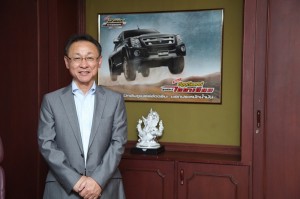

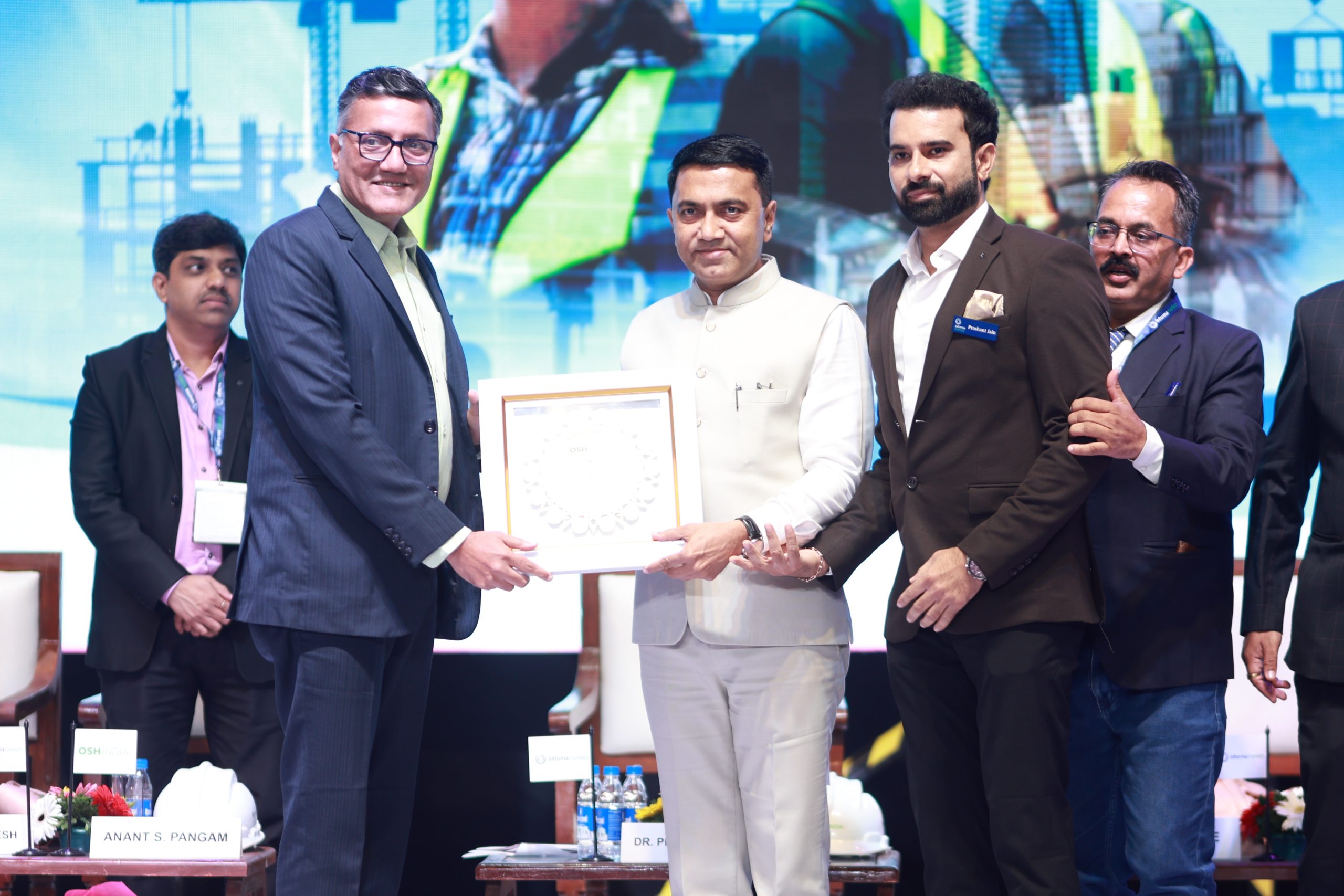

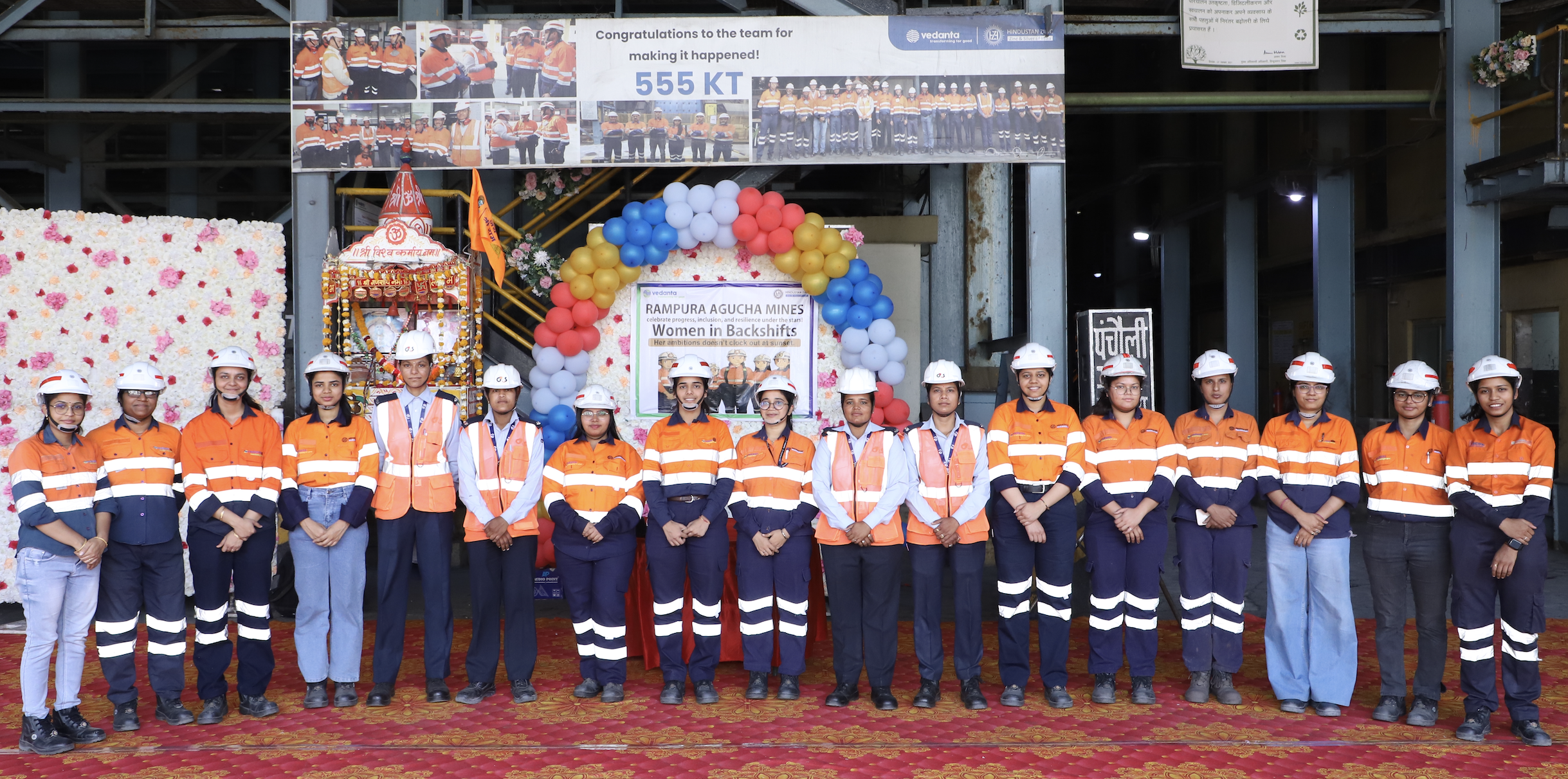
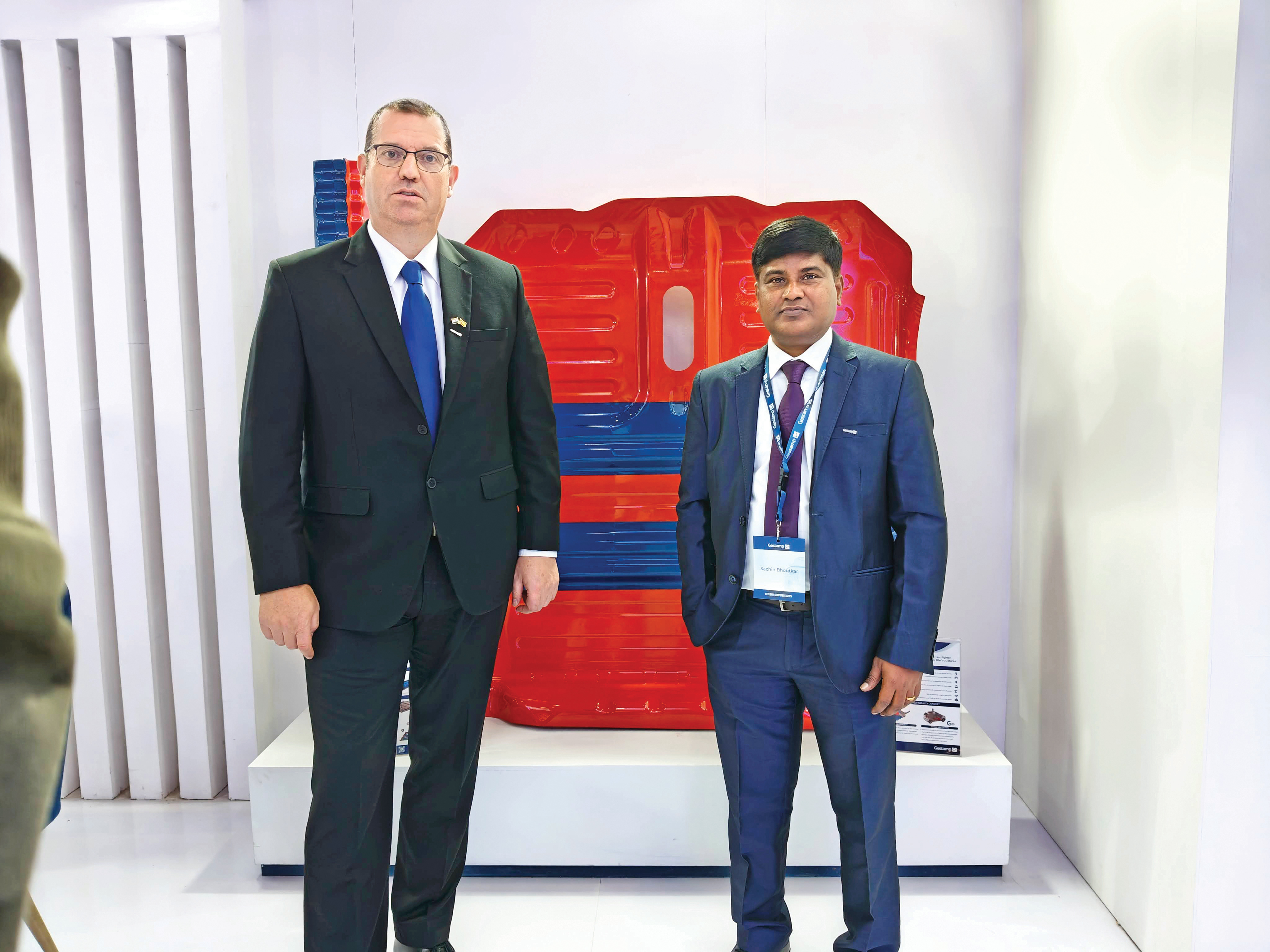
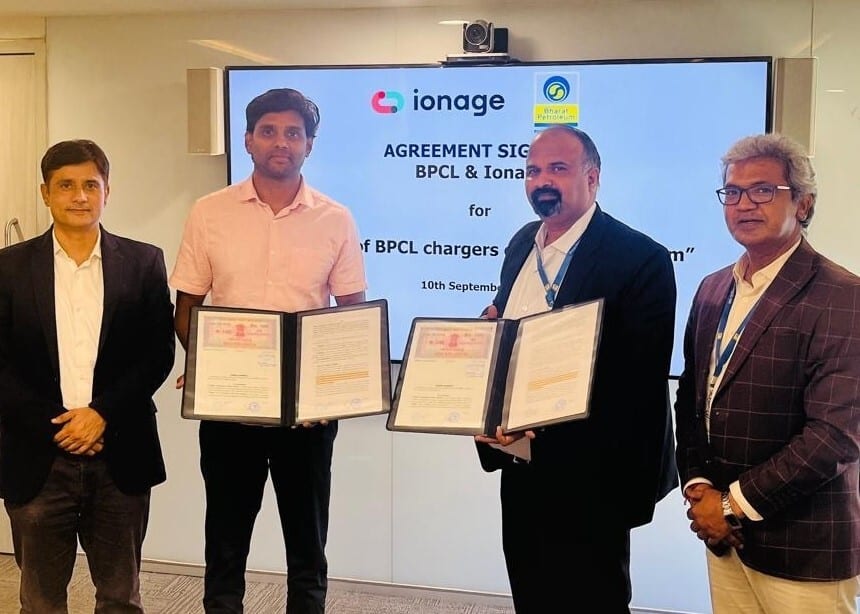
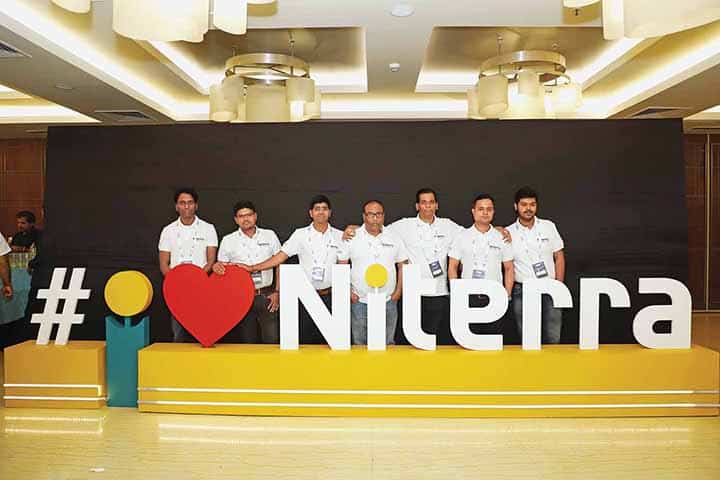
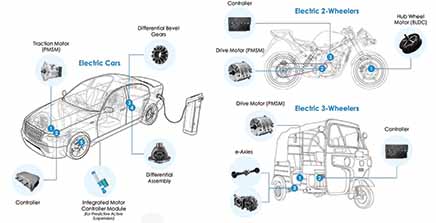
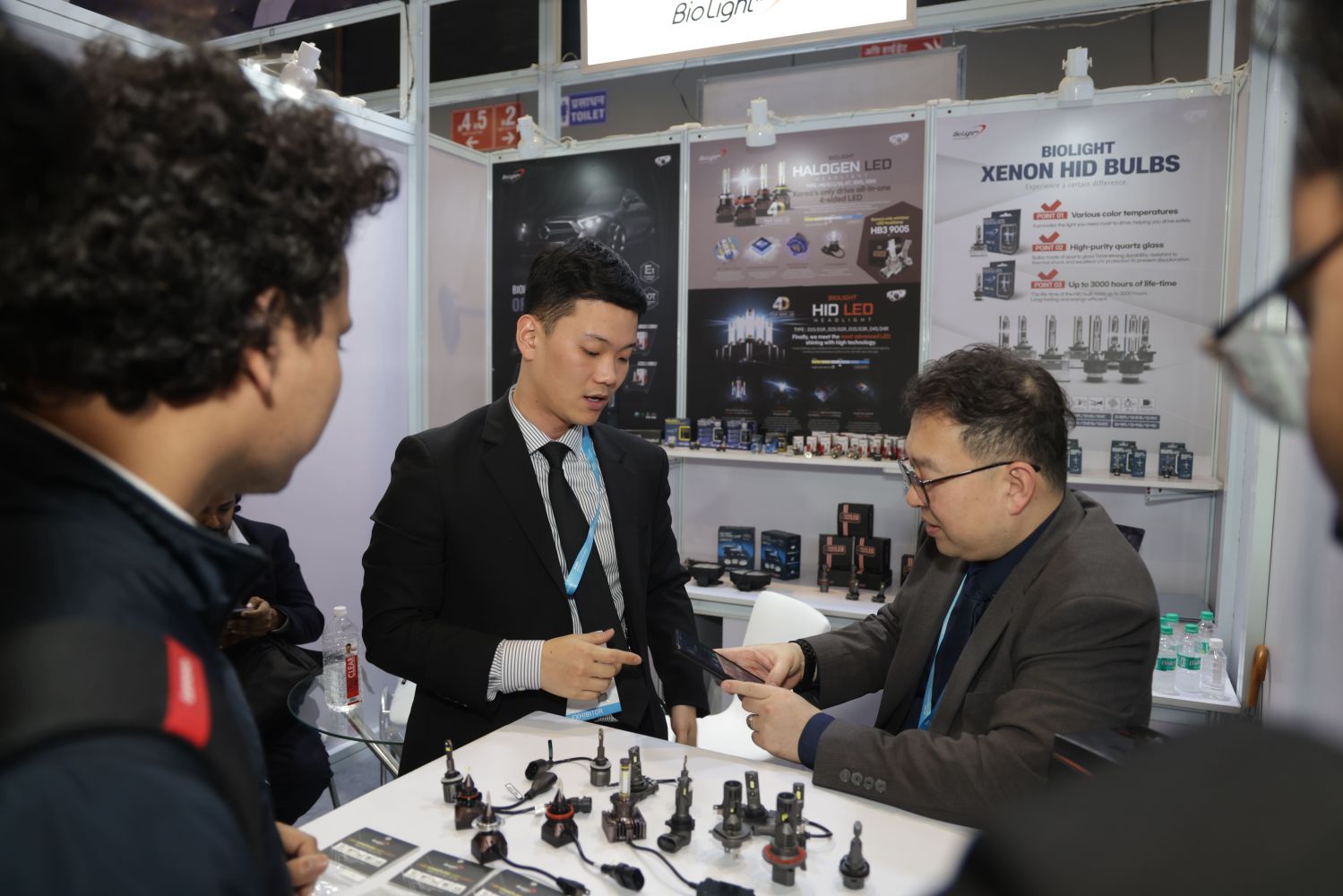
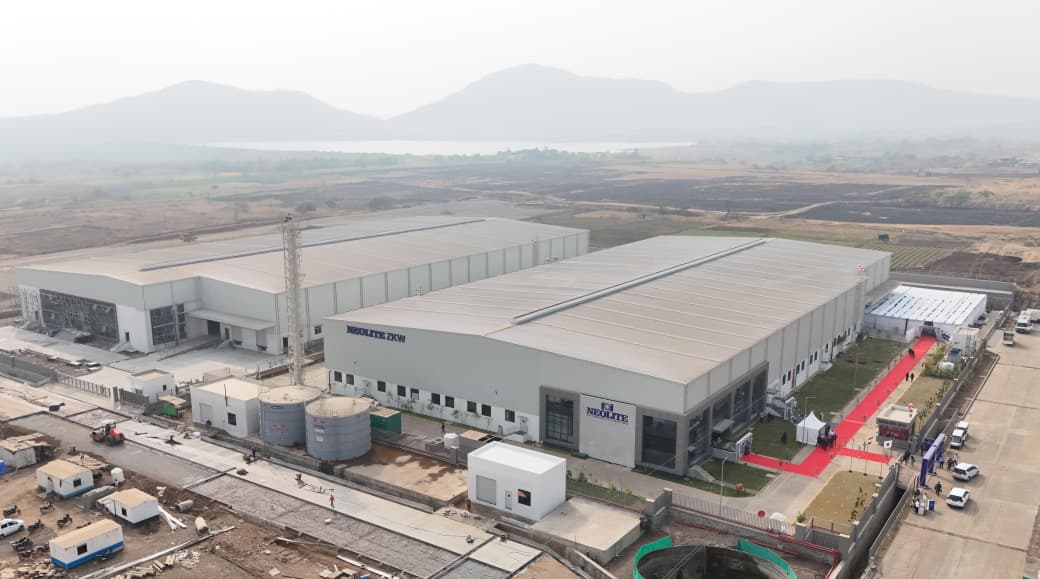
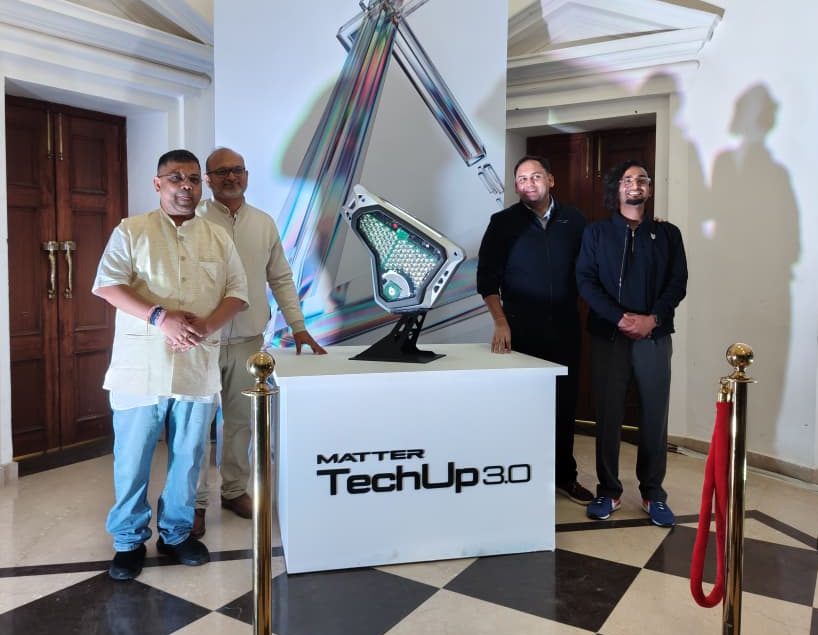
Leave a Reply